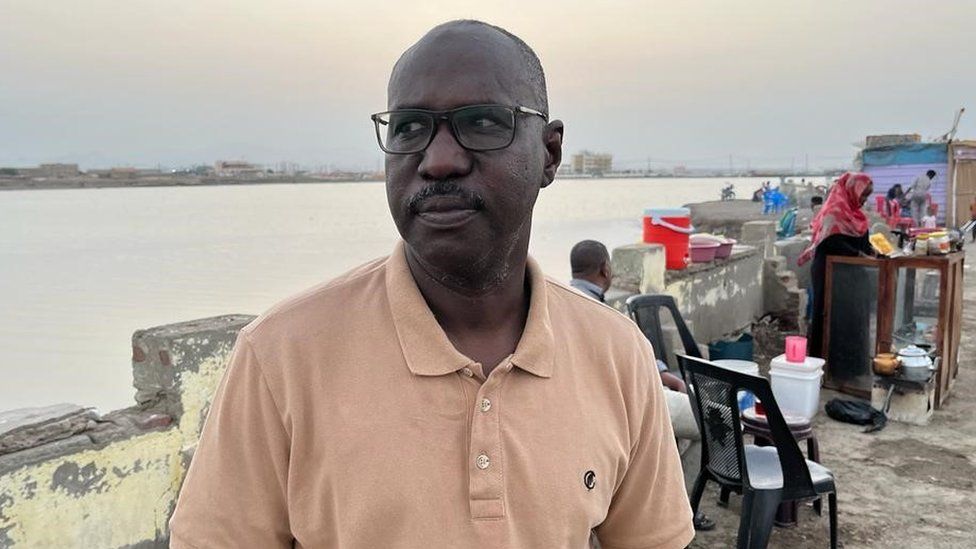-

-
-
Loading

Loading

Mohamed Osman, a BBC Arabic reporter, has returned to his home country of Sudan for the first time since being forced to flee due to the outbreak of war in April. Osman reflects on how the country has changed during his absence. After longing for home for five months, Osman describes the hot and humid air of Port Sudan as refreshing on his face. He expresses his relief at finally being home and not being considered a foreigner or refugee in another country, such as Egypt. Sudan and Egypt share strong ties, with similar language, food, faith, and even the River Nile. However, Osman acknowledges that Sudan is not the same as before. He recalls an elderly woman on his flight who was overcome with joy at setting foot on Sudanese soil after being stuck in Egypt due to the civil war. The conflict stemmed from a dispute between military ruler Abdel Fattah al-Burhan and his deputy-turned-rival Mohamed Dagalo. Osman had only visited Port Sudan as his hometown of Omdurman is still devastated by the war. He explains that Omdurman has been a hotbed of violence, claiming innocent lives. Osman's own close friend was killed by stray bullets during the fighting between government troops and Gen Dagalo's Rapid Support Forces. While elderly people fill the fully-booked daily flights to Port Sudan, younger and poorer Sudanese are returning in buses from Egypt. The journey, which can take up to three days due to the vastness of Sudan and its poor road conditions, was tough for these individuals who did not have access to refugee camps like in Chad. Port Sudan has become an alternative capital due to the war, with Gen Burhan relocating there along with his ministers and various diplomatic missions and UN agencies. Although largely peaceful, the city faced recent fighting when government troops attempted to remove ethnic militia checkpoints. Power cuts, pollution from generators, and rising costs have affected businesses and livelihoods in the city. Port Sudan has also become a temporary home for families who fled the fighting in Khartoum. Many live in overcrowded conditions without adequate access to food, healthcare, or clean drinking water. Osman hopes for an end to the conflict so that life in Sudan can return to normal. As he leaves Port Sudan and returns to Cairo, he longs for his hometown of Omdurman, where he can reunite with loved ones and remember those lost in the war.